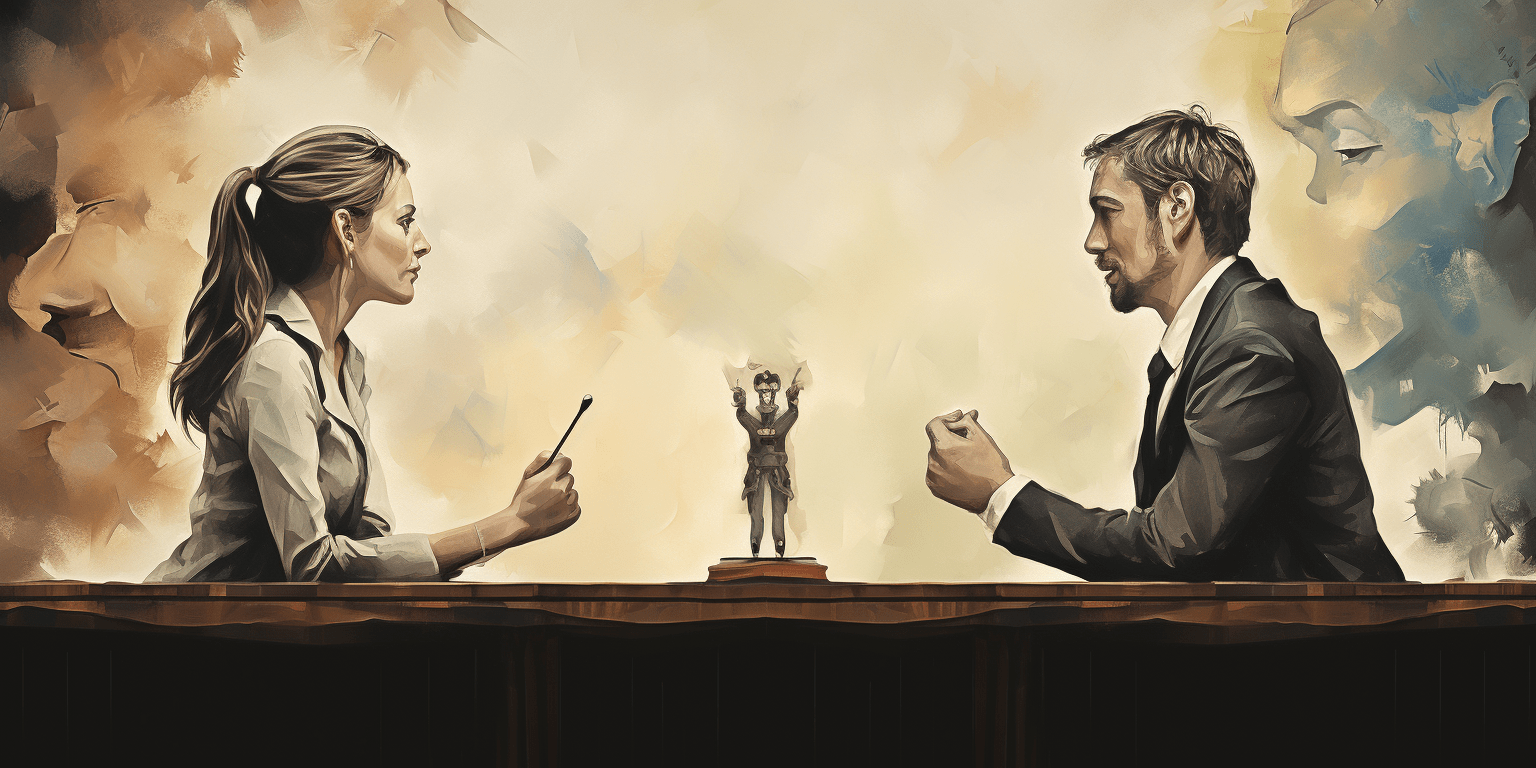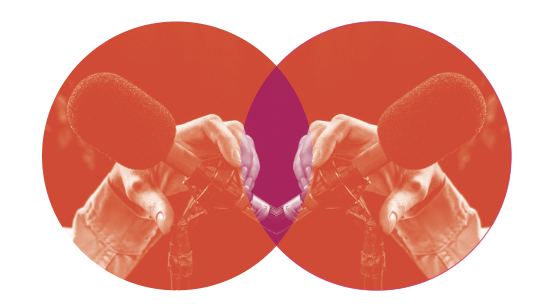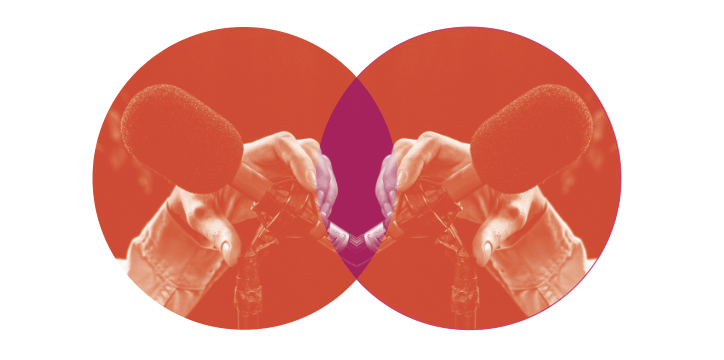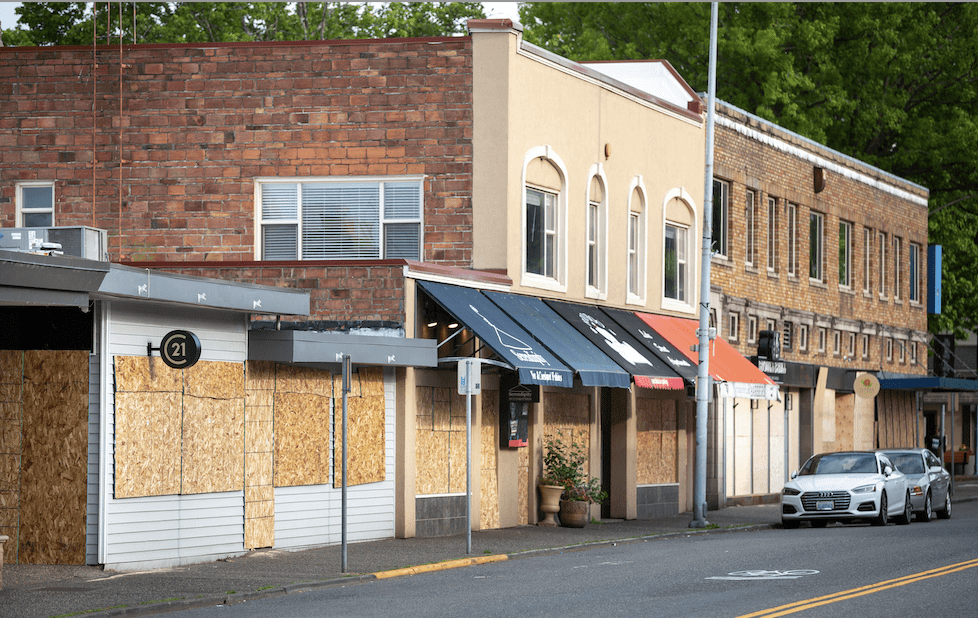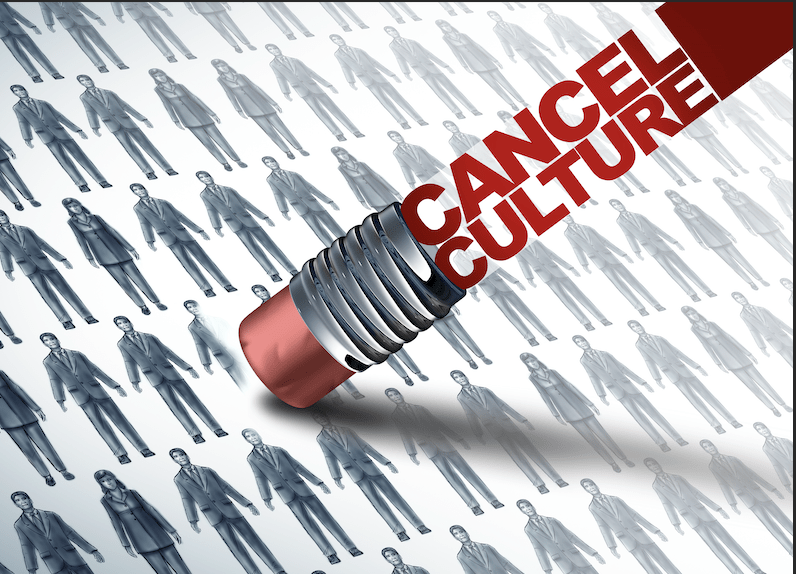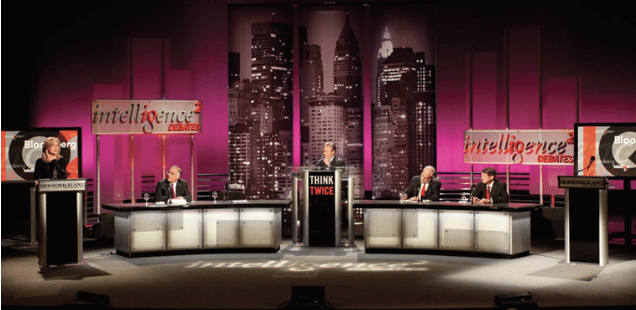Should We Expand the Supreme Court?
Intelligence Squared U.S.invites some of the world’s brightest thinkers to debate issues of the day. The organization was founded in New York in 2006 to promote intellectual diversity by fostering respect for differing opinions.
The debates are organized in the traditional Oxford style. The side that convinces more audience members to embrace its arguments wins.
The excerpts below come from a debate in September about expanding the Supreme Court.
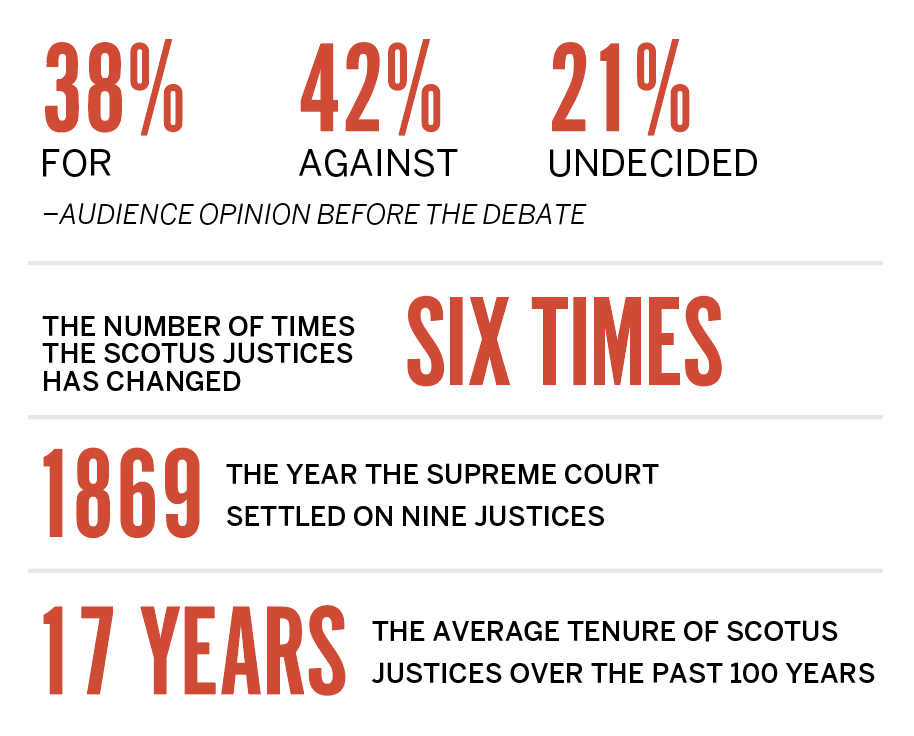
Dahlia Lithwick, Legal commentator and host of Slate’s Amicus podcast: Court-packing—the shift in the structure of the court or the expansion and contraction of the court—happened in 2016 when a seat was held open for almost a year. It happened again in 2020 when a justice was rushed onto the court in violation of the Senate’s own new rule about not seating someone in a presidential election. So, the idea that we want to do a new thing that has never been done before or has not been done since the New Deal, is actually predicated on a false assumption.
Tamara Brummer, Political organizer and strategist: I’m telling you—and what Dahlia is telling you, and what millions of Americans are telling you—is that the system is broken and that we have every right to fix it. And we can fix it by adding seats. And do you know who can’t wait for us to add seats, or who can’t tell us that we’re being too radical? The people in Texas who no longer have access to an abortion and the millions of Americans who are facing eviction in the midst of a global pandemic. They cannot wait, and they’re not too radical for change.
Akhil Reed Amar, Professor of law at Yale University: So, the fundamental problem is not a constitutional problem. The number nine doesn’t appear in the document. We haven’t always had nine justices. And the size of the court has changed over the years for various reasons. So, we could do it. But it would be a bad idea because when you change the size of the court for purely partisan advantage, then what goes around comes around. When the other side comes in, it is going to try to add. You add six, they add 12, then you add 18, and the thing spirals out of control. That’s just an obvious argument.
Carter Phillips, Supreme Court and appellate litigator: The reality is that the Supreme Court doesn’t decide just a handful of cases. It decides 80-90 cases on a good day in good years, and Dahlia doesn’t care about at least 85 of them. And it does an extraordinarily good job. If you start to play with the system as it operates today, it will do a less effective job at the run-of-the-mill kinds of cases. But with respect to the point of it being broken, it’s a snapshot in time. I’m not saying there aren’t ways to improve it, but you’re making a fundamental change in the institution.
